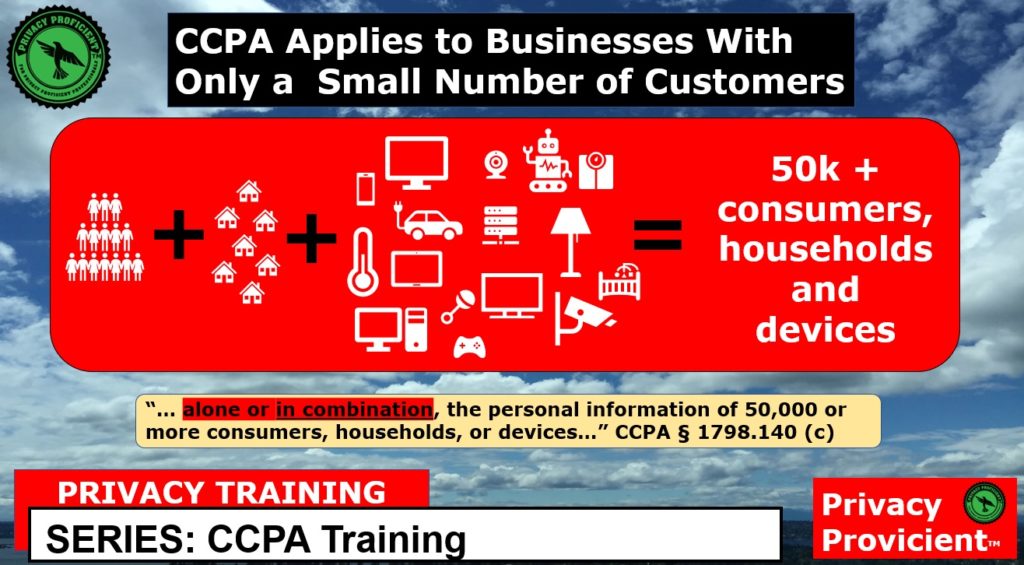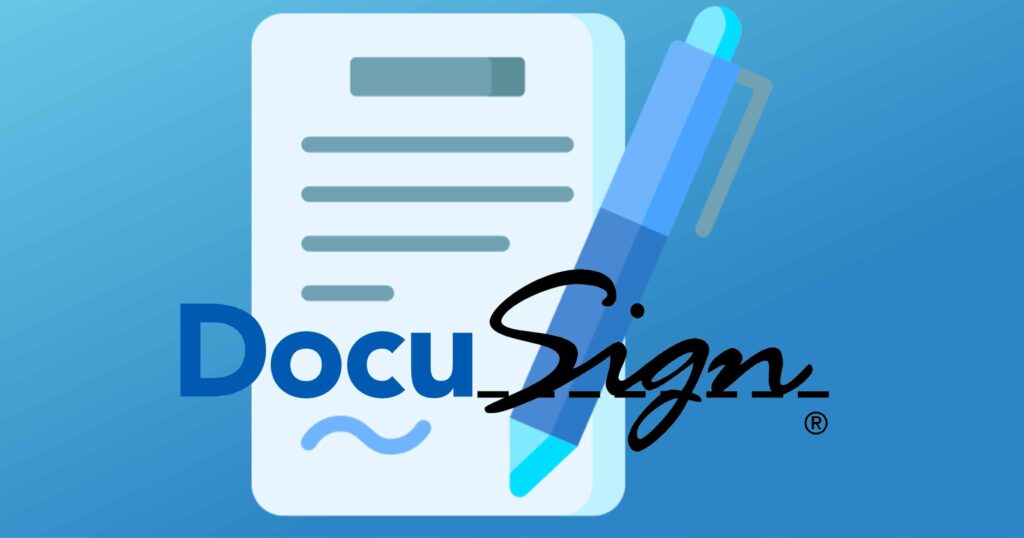WhatsApp is one of the world’s most popular messaging applications, with millions of users sending messages and sharing media every day. But for those in the healthcare industry, there is an important question that needs to be answered: Is WhatsApp HIPAA compliant?
HIPAA, or the Health Insurance Portability and Accountability Act, is a law that establishes standards for protecting personal health information. It is essential for healthcare providers to ensure that any messaging platform they use is HIPAA compliant in order to protect the privacy and security of their patients. In this article, we’ll explore whether WhatsApp is HIPAA compliant and discuss how healthcare providers and organizations can ensure their data is secure.
No, Whatsapp is not HIPAA compliant. According to the HIPAA Security Rule, covered entities and business associates must use services that guarantee the confidentiality, integrity, and availability of electronic protected health information (ePHI). WhatsApp does not meet these requirements.

Is Whatsapp HIPAA Compliant?
WhatsApp is an end-to-end encrypted messaging service that is free to use and is used worldwide. There has been a lot of discussion recently about whether or not WhatsApp is HIPAA compliant. In this article, we will discuss what HIPAA is, the requirements for HIPAA compliance, and if WhatsApp meets the requirements to be considered HIPAA compliant.
What Is HIPAA?
The Health Insurance Portability and Accountability Act (HIPAA) is a United States federal law that protects the privacy of an individual’s health-related information. HIPAA seeks to ensure that health information is kept private and secure. It also outlines the requirements for how healthcare providers and organizations must protect patient data.
HIPAA also outlines the requirements for how healthcare organizations must secure patient data and what type of data must be encrypted. HIPAA also outlines the penalties for those who fail to comply with the law. HIPAA compliance is not only important for healthcare organizations, but also for anyone who may be dealing with protected health information.
HIPAA Compliance Requirements
HIPAA requires that healthcare organizations and providers take certain steps to ensure that patient data is kept private and secure. These steps include: encrypting patient data, storing sensitive information in a secure location, and implementing access control measures to limit access to patient data. Additionally, healthcare organizations must ensure that all employees who have access to patient data are properly trained and monitored.
In order to be compliant with HIPAA, healthcare organizations must also keep detailed records of who has access to patient data and how it is used. Lastly, healthcare organizations must create policies and procedures to ensure that patient data is kept secure and private.
Is WhatsApp HIPAA Compliant?
WhatsApp is a popular messaging service that is end-to-end encrypted. This means that the messages sent through WhatsApp are encrypted and only the sender and receiver can access the messages. This type of encryption is considered to be strong enough for HIPAA compliance.
However, WhatsApp is not officially HIPAA compliant. This is because it does not meet all of the requirements for HIPAA compliance. For example, WhatsApp does not offer any access control measures and there is no way to track who has access to patient data. Additionally, there is no way to ensure that messages sent through WhatsApp are securely stored and encrypted.
Alternatives to WhatsApp
There are several alternatives to WhatsApp that are HIPAA compliant. These include secure messaging services such as TigerConnect and Secure Messaging by Doximity. These services offer access control measures, secure storage, and encryption to ensure that patient data is kept secure and private.
Additionally, there are several other services that offer HIPAA compliant messaging, such as Zix and Symantec. These services offer secure messaging and encryption to ensure that patient data is kept secure and private.
Conclusion
WhatsApp is an end-to-end encrypted messaging service that is free to use and is used worldwide. However, it is not officially HIPAA compliant. There are several alternatives to WhatsApp that are HIPAA compliant and offer access control measures, secure storage, and encryption to ensure that patient data is kept secure and private.
Frequently Asked Questions
WhatsApp is a popular messaging platform used by millions of people around the world. But is Whatsapp HIPAA compliant? This article will answer that question in detail.
Is WhatsApp HIPAA Compliant?
No, WhatsApp is not HIPAA compliant. HIPAA stands for the Health Insurance Portability and Accountability Act, a US federal law that sets the standards for protecting the privacy and security of health information. The law requires that healthcare organizations and healthcare providers use secure methods of communication when transmitting protected health information (PHI). WhatsApp does not meet the security requirements of HIPAA and is not considered a secure method for transmitting PHI.
As such, healthcare organizations and providers should not use WhatsApp for sending or receiving PHI, as this could lead to a data breach and potential HIPAA violations. Organizations and providers should instead use secure communication methods that are compliant with HIPAA such as secure email, secure text messaging, and secure file sharing services. These methods are designed to protect PHI from unauthorized access and ensure that it is transmitted securely.
Is It Possible to Make WhatsApp HIPAA Compliant?
No, it is not possible to make WhatsApp HIPAA compliant. WhatsApp is a consumer messaging platform that is not designed to meet the security requirements of HIPAA. The platform does not provide the necessary encryption, authentication, and access control measures that are necessary for protecting PHI.
Furthermore, WhatsApp does not provide a way to audit messages or access logs, which is another requirement of HIPAA. As a result, healthcare organizations and providers cannot use WhatsApp to transmit PHI in a secure and compliant manner.
What Are the Alternatives to WhatsApp for HIPAA Compliant Messaging?
There are several alternatives to WhatsApp for HIPAA compliant messaging. Organizations and providers should use secure communication methods that are designed to meet the security requirements of HIPAA. These include secure email, secure text messaging, and secure file sharing services.
Secure email services provide end-to-end encryption and authentication to protect PHI from unauthorized access. Secure text messaging services offer encryption and authentication to protect PHI on mobile devices. Secure file sharing services provide encryption, authentication, and access control measures to protect PHI from unauthorized access.
What Are the Risks of Using WhatsApp for PHI?
Using WhatsApp for PHI can lead to a data breach and potential HIPAA violations. WhatsApp is not designed to meet the security requirements of HIPAA and does not provide a way to audit messages or access logs. As a result, PHI is not protected from unauthorized access and can be easily intercepted by unauthorized individuals.
Furthermore, WhatsApp messages can be forwarded to other users, which can lead to inadvertent disclosure of PHI. As such, healthcare organizations and providers should not use WhatsApp for sending or receiving PHI in order to avoid potential data breaches and HIPAA violations.
What Are the Penalties for Using WhatsApp for PHI?
Using WhatsApp for PHI can lead to serious penalties for healthcare organizations and providers. The US Department of Health and Human Services (HHS) is responsible for enforcing HIPAA and can impose civil and criminal penalties for violations.
Civil penalties can range from $100 to $50,000 per violation, depending on the severity of the violation. Criminal penalties can range from one year in jail to up to 10 years in prison and a fine of up to $250,000. As such, organizations and providers should avoid using WhatsApp for PHI in order to avoid potential penalties.

Overall, it is clear that the use of WhatsApp is not HIPAA compliant. This is due to the fact that WhatsApp lacks the security measures needed for secure communication and does not comply with HIPAA’s data protection policies. Furthermore, the encrypted messaging service does not meet the requirements for encryption and authentication that are necessary for HIPAA compliance.
As a result, businesses, healthcare providers, and other organizations should look for other secure messaging services that are designed to meet the requirements of HIPAA. This will ensure the protection of sensitive patient information and will help businesses to remain compliant with HIPAA regulations.



